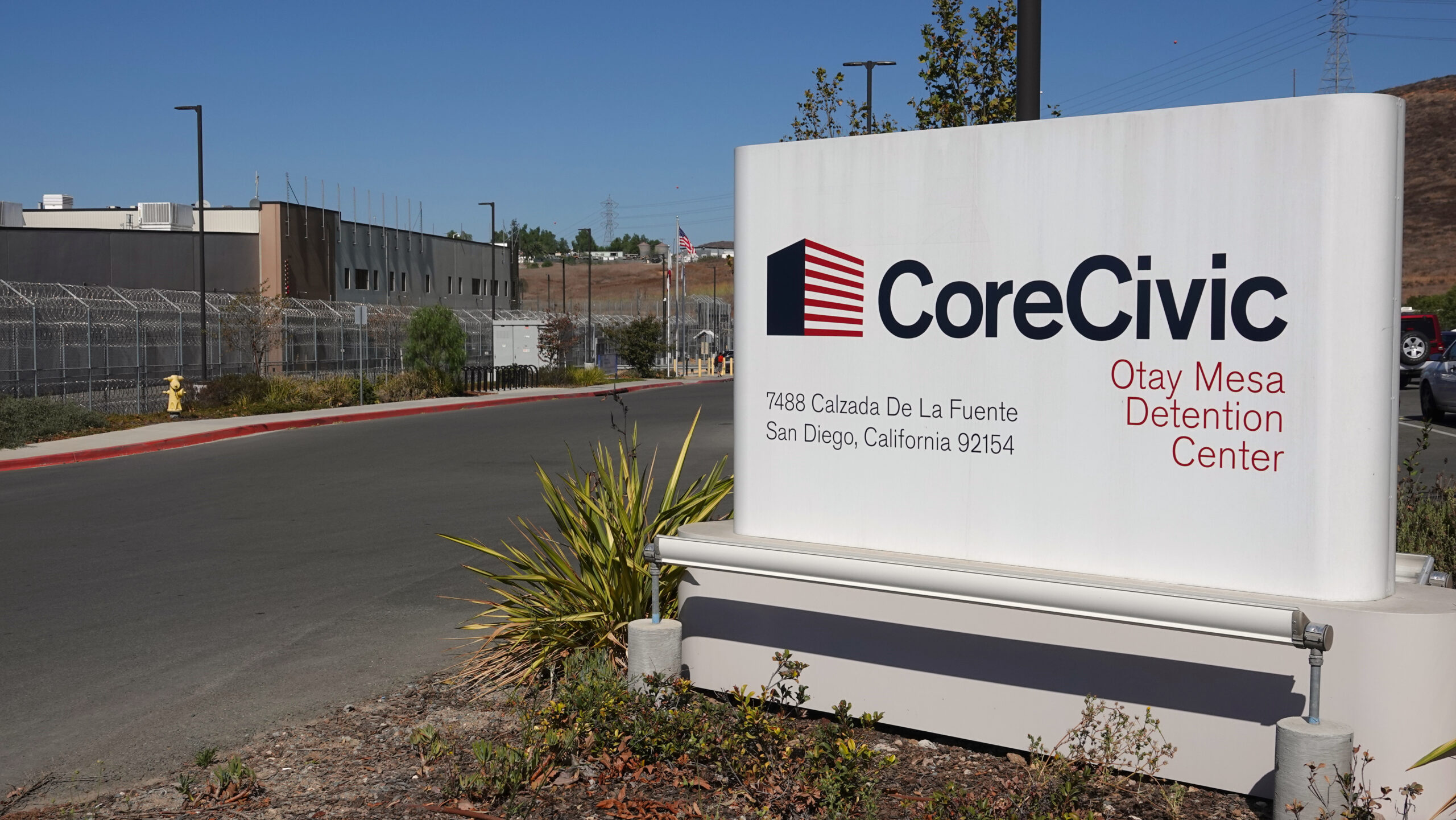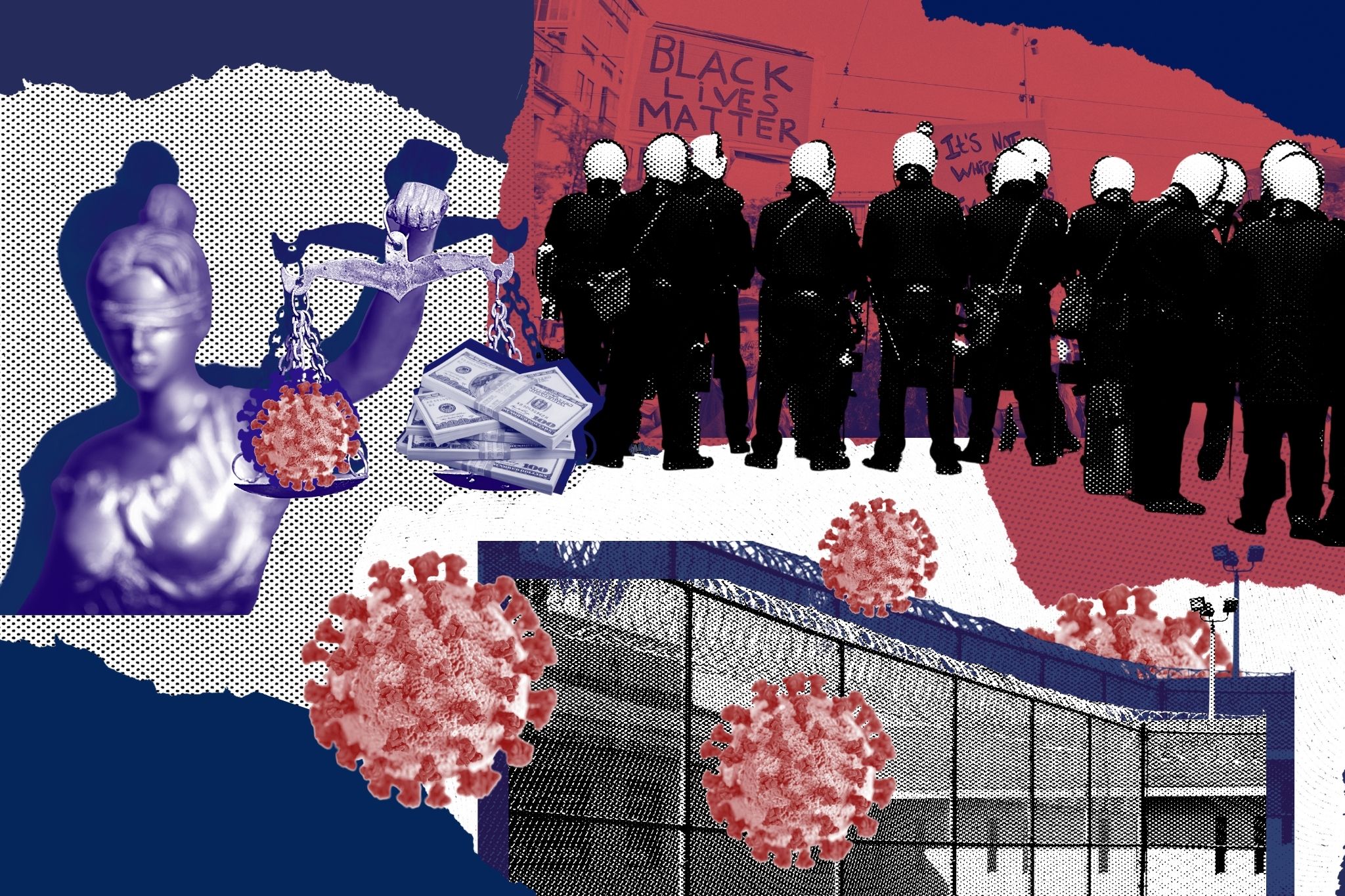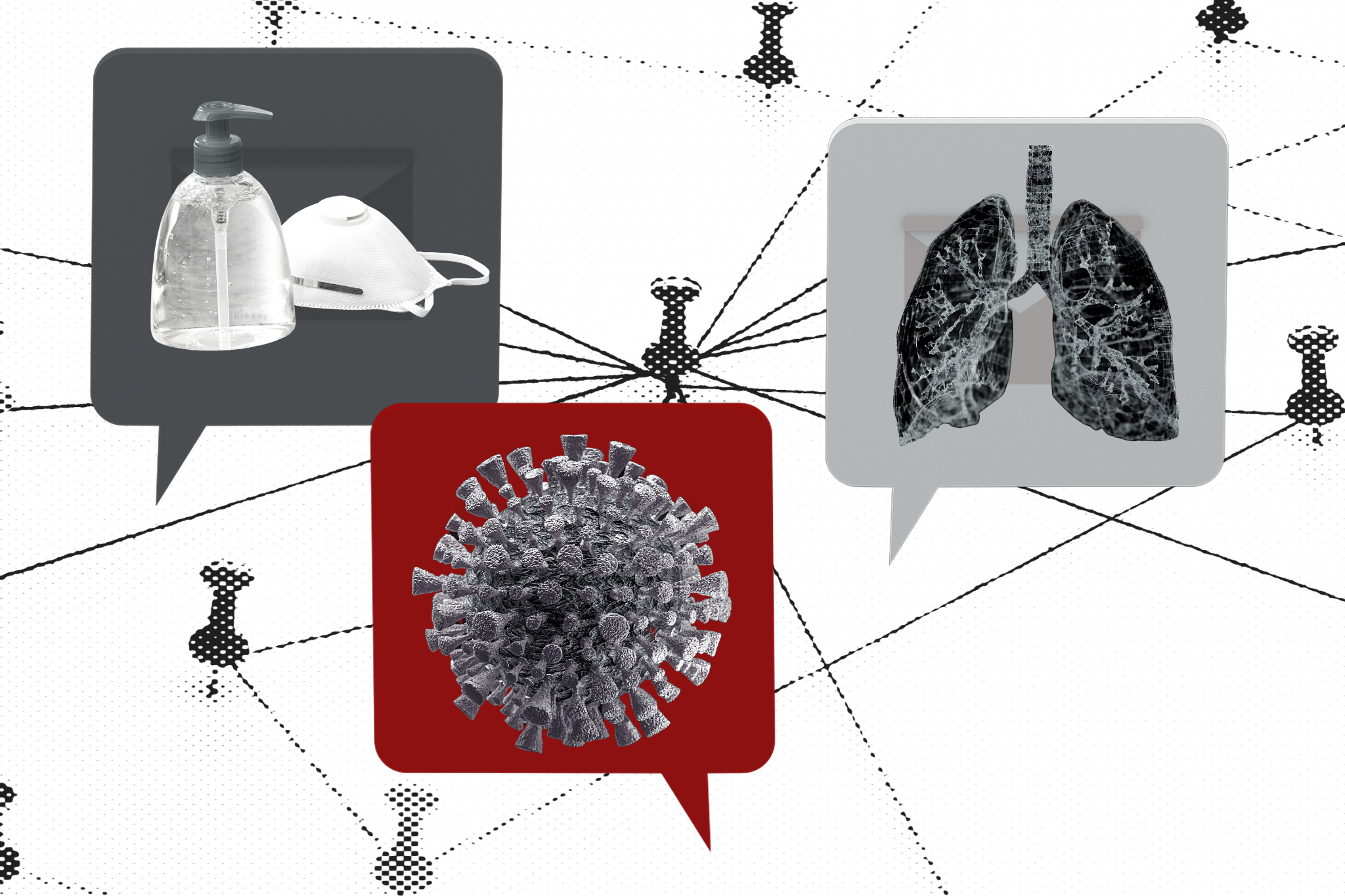
The Spread of Coronavirus in Migrant Detention Facilities
As the country shut down and millions began social distancing, immigrants in detention facilities were denied sanitary supplies, masks, and testing. American Oversight is investigating how the administration’s response to the pandemic has affected the thousands of immigrants trapped in detention centers.

In March, as the coronavirus pandemic took hold across the country, ProPublica obtained audio of a phone call made by Ronal Umaña, a 30-year-old man from El Salvador who is one of the nearly 20,000 people currently held in Immigration and Customs Enforcement facilities in the United States. Umaña detailed how he and other immigrants needed toilet paper and soap, but when they told guards that they were facing illness and even death, the guards allegedly responded, “Well, you’re going to have to die of something.”
Months later, more than 6,000 immigrants in ICE detention have tested positive for Covid-19. At least eight have died. The coronavirus has spread into nearly 100 ICE facilities, enabled by restrictions on mask-wearing, limited testing, and continuing transfers of detained people to different facilities.
A House investigation of nearly two dozen ICE detention centers noted that longstanding practices like overcrowding, lack of consistent and quality medical care, and unsanitary living conditions exacerbated the disease’s rapid spread. ICE officials and contractors have deprived people in detention of necessities like soap and hand sanitizer, in some cases leaving immigrants with no choice but to fashion masks out of scraps of clothes or disposable meal containers. By June, detained people in at least a dozen ICE facilities had announced protests to demand basic precautionary measures, like masks and temperature checks.
Some administrators have refused to test immigrants and staff, allowing the virus to spread undetected. At a facility in Georgia, officials denied requests for tests from individuals experiencing Covid-19 symptoms and did not conduct comprehensive testing despite having the necessary equipment. At Mesa Verde facility in Bakersfield, Calif., ICE avoided testing until a judge ordered it in August; more than half of detained individuals at Mesa Verde tested positive that month.
Other facilities even restricted staff’s ability to protect themselves. At the Otay Mesa Detention Center in California, run by prison contractor CoreCivic, guards were told in April not to wear masks so they wouldn’t “scare” employees and those in detention. Within a few months, more than 200 detained people and workers at Otay Mesa had tested positive. At a Louisiana detention facility, guards were stopped from wearing masks until mid-April — by the end of the month, two guards had died. In total, at least 1,000 ICE and contract staff working in detention centers have been diagnosed with Covid-19.
The transfer of hundreds of immigrants to different facilities has also led to outbreaks in ICE facilities in Texas, Ohio, Florida, Mississippi, and Louisiana. A Washington Post investigation of one of the largest outbreaks, in a detention center in Farmville, Va., revealed that although ICE claimed its June transfer of immigrants to this facility had been to mitigate overcrowding, the real purpose was to bypass restrictions on the use of charter flights for employee travel so ICE special response teams could be dispatched to protests in Washington, D.C. Just two weeks later, the number of confirmed cases at Farmville shot up, with more than 300 immigrants infected. A leaked Homeland Security draft report showed officials acknowledged that transfers of immigrants between ICE detention facilities had “contributed to outbreaks.”
American Oversight is investigating the treatment of immigrants in immigration detention centers. We’ve filed requests with the Department of Homeland Security, ICE, and Customs and Border Protection seeking directives and risk assessments regarding the coronavirus. We’ve also filed requests seeking information about how detention transfers impact the spread of the coronavirus and seeking data on minors in detention, including how many have tested positive for Covid-19.







